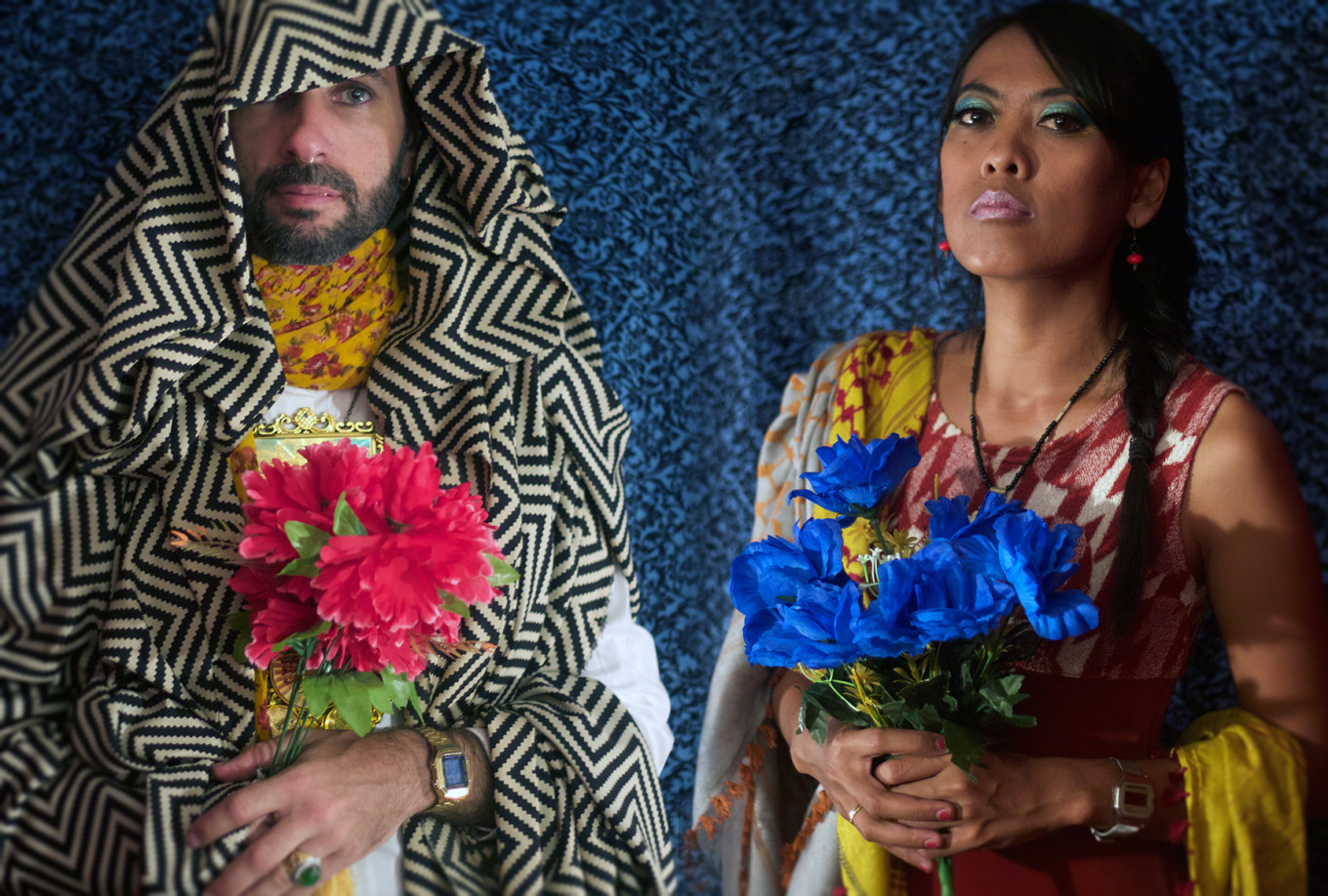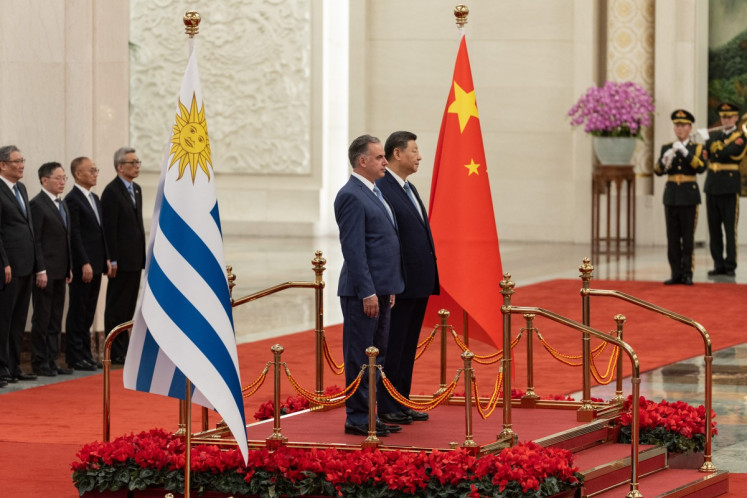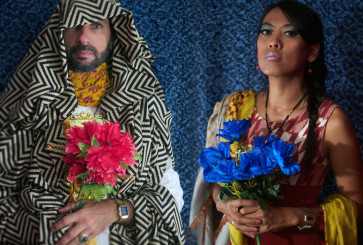Popular Reads
Top Results
Can't find what you're looking for?
View all search resultsPopular Reads
Top Results
Can't find what you're looking for?
View all search results‘Genjer-genjer’ and the historical burden it carries
Universal adaptability explains long history of Genjer-genjer, beginning with its composer, Muhammad Arief's original intention which was to depict the story of the misery of the people during Japanese colonialism.
Change text size
Gift Premium Articles
to Anyone
B
ack in 2009, Solo Radio, a radio station in Surakarta, Central Java, was the target of a protest by a group of people claiming to represent Laskar Hezbollah just a few hours after it played the song, Genjer-genjer on its broadcast.
The Muslim group demanded that the station apologize, arguing that the song belonged to the defunct Indonesian Communist Party (PKI) and therefore should be banned. In the end, the station bowed to the pressure and the crowd dispersed.
The song bears one of Indonesia’s greatest historical burdens. It is originally a Banyuwangi, East Java, folk song which speaks about the suffering of the poor during the Japanese colonial rule from 1942-1945. However, since the aborted coup attempt on Sept. 30, 1965, it has been linked with the PKI, the group held responsible for the putsch.
Genjer-genjer, the PKI and communism have always been feared as ghosts of the past that would rise again and seize power. If their long-rumored resurrection were truly the case, why have they not shown up and taken power as is feared?
Genjer-genjer has a long history. Initially, it was the brainchild of Muhammad Arief, a traditional artist of the Using native community in Banyuwangi. Arief composed the song in 1942 to describe the destitution the people of Banyuwangi endured amid the Japanese occupation.
At the time, the Japanese took all the crops from the people, leaving them so impoverished that they could only consume genjer (Limnocharis flava) leaves. The plant, which grows in rice fields, was previously considered a weed and was normally used as animal feed.
Genjer-genjer became famous after it was sung again by Bing Slamet and Lilis Suryani in 1962. The song was at that time played at many state events because it was deemed to be in line with Nasakom (Nationalism, Religion and Communism), the political idea of founding president Sukarno.



















